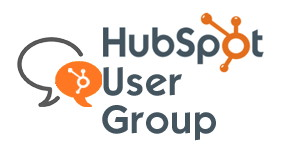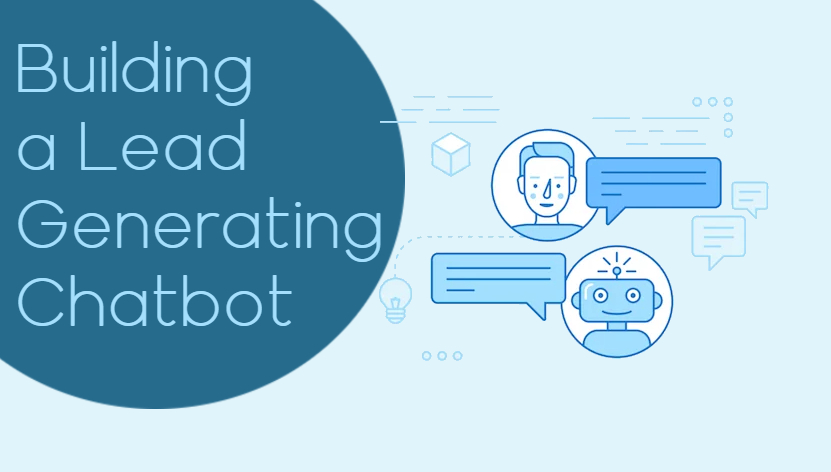Digital Marketing During Covid19 - HubSpot CEO Brian Halligan [VIDEO]
- Home
- Digital Marketing During Covid19 - HubSpot CEO Brian Halligan [VIDEO]
In May 2020 the London HUG, run by Whitehat's Clwyd Probert, enjoyed a virtual fireside chat with HubSpot co-founder and CEO, Brian Halligan. Here's what we learned.
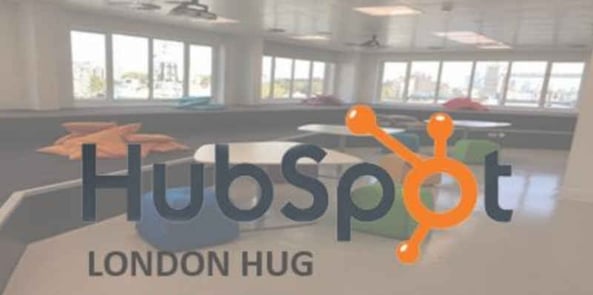
Brian Halligan founded HubSpot 14 years ago and continues to run one of the world's most successful inbound marketing companies with over 78,000 global users.
In late May he chatted with HubSpot's Dublin-based Vice President and Managing Director of EMEA, Christian Kinnear, via Zoom. They discussed how the business world has been affected by the global viral pandemic, Brian's 'Three Cs' of marketing, and what HubSpot and other companies can do to emerge from the other side of the crisis fitter and healthier than ever.
![]()
Below we summarise the main themes and points from Christian's discussion with Brian.
Doing business during coronavirus
Everyone is having a tough time at the moment. Brian says he and Dharmesh Shah (HubSpot CTO and co-founder) originally "wanted to build a company that our grandkids will be proud of." This means not just being big and profitable, but being a good partner to your customers, shareholders and stakeholders – be compassionate capitalists acting with empathy and compassion.
Employees
Working from home is the new normal and employees are all adjusting. HubSpot has set up weekly AMA (Ask Me Anything) sessions on Zoom where the whole company can engage with Brian. The culture team has also arranged employee programming with ‘Hot Talks’ from guest speakers to entertainment for kids, which has been well received. People are resilient and find sharing, transparency and communication helpful.
Remote working
Employee feedback suggests working from home may be continued beyond the pandemic. Brian himself has gone from 1 day a week at home to full-time and he prefers it – not least because it cuts out the commute.
“I like the idea of remote because my existing remote employees feel a lot less remote when all of us are remote.”
Remote working can also open up recruitment markets and save the expense of office space, particularly if they use a free recruitment CRM. However, this COVID-19 period isn’t a perfect test, with different employees facing different circumstances at home.
Customers
Making free products better
HubSpot moved a lot of its collaboration software from paid versions down to free access to help customers with current cash flow problems. They also removed email send limits on the platform so businesses could readily keep in touch with their customers.
In addition, they bundled marketing, sales and service products into a discounted bundle for $50 a month, which was taken up in even larger numbers than they anticipated.

As a free CRM for small businesses and a professional CRM platform used by 78,000 customers, Hubspot can aggregate anonymised data to understand how their customers are running their businesses.
Business Recovery from Covid19
From mid-February 2020 there was a 30% dropoff in deals created worldwide compared to pre-COVID rates. It’s now climbed back up to only 12% down, which is encouraging. Europe dropped more than the rest of the world but is starting to come back quickly with momentum in markets opening up. Week over week Germany was at 14%, Italy at 23%, and Spain up 35%.
It’s interesting to note that there has been enormous growth in visitors and online traffic. It’s a big surge that won’t materialise into business immediately but there is a really interesting opportunity for people to nurture that demand and offer helpful advice.
Different industries are recovering at different rates. Not surprisingly, travel and hospitality were down about 60% each and they haven't recovered. Some other industries are starting to recover like manufacturing, consumer goods, and construction are back to normal. The software's a little off, but some industries have bounced back and been more resilient than expected.
Brian Halligan’s advice to companies navigating these difficult times:
“Embrace online versus offline marketing, inside sales versus outside sales, inbound marketing versus outbound marketing. Create an entirely digitised and customised experience.”
Covid speeds this up and you have to go all in on marketing, sales and services digital experiences. For example, gyms and fitness studios are doing classes online, coffee companies are shipping products with home tutorials. Get creative and pivot business from the physical to the virtual.
Necessity is the mother of invention. It’s a brutal time and you have to take aggressive measures including digitising everything. Meanwhile, lead with empathy. You're here to help. There will be a commercial conversation somewhere along the way that will be appropriate at the right time. But as customers and partners, leading with empathy is the right thing to do.
From Funnel to Flywheel
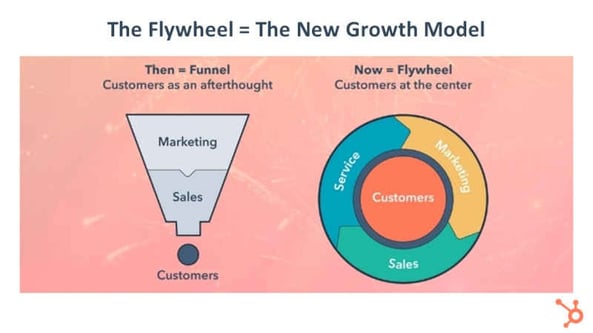
“Ye olde funnel. You got marketing, you’ve got sales, and then magically a customer kind of plops out the bottom. I loved this metaphor but it just doesn't work anymore.”
The old funnel idea doesn't give any credit to your customer as a channel.
Typically, the number one reason someone buys HubSpot is they used it in their previous company or their friend used it and was delighted by it. Our best channel, and yours is customers.
And that's becoming an even better channel over time because there's so much information out there on the internet for potential customers to consume from existing customers.
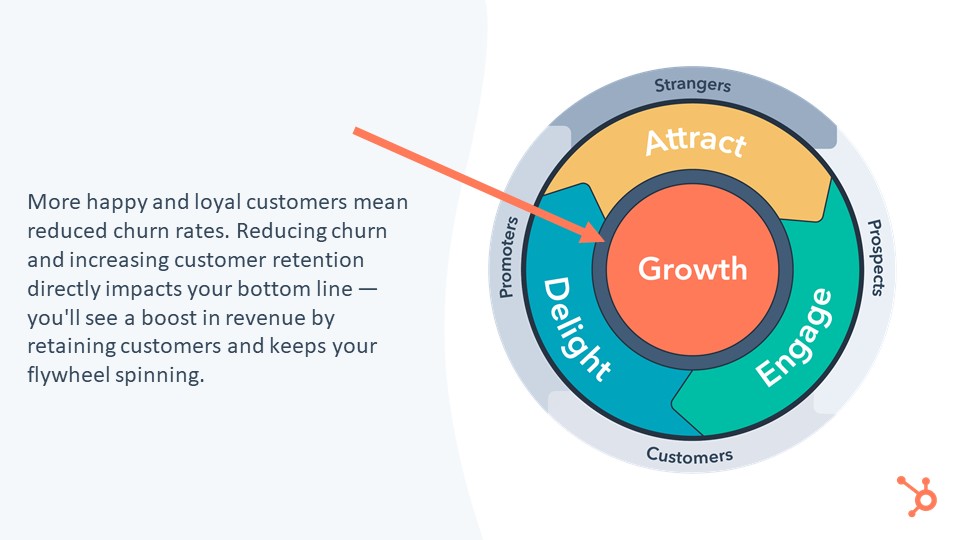
The idea of a flywheel is it spins. You have visitors, leads, customers, and delighted customers, the more delighted customers you have, the faster that flywheel will spin.
The other good thing about the flywheel is it gives credit for a low friction. We live in a world where we're going from very human-centric, heavy friction-based marketing, selling and servicing models to where your customers and prospects don't necessarily want to talk to a human all the time. They're used to self-service. They're used to finding information on their own. If they need to talk to somebody, then they will. Having a lower coefficient of friction in your flywheel will get it to spin very, very fast.
If you look at the companies that are doing well, they're industries that are enabling people to self-serve. They're enabling word of mouth. They're enabling a low-friction, high-velocity flywheel that builds upon itself. This is a new way to think about growing your business as opposed to I think the old funnel.
The Friction Food Chain
Businesses need to move down the friction food chain. Some companies are all based on human interactions, and others rely more heavily on computers, perhaps assisted by humans. Brian recommends that wherever companies are on the food chain, try to move your way down it – become frictionless on a human level.
If you move your way down that chain, it's a more profitable way to do business. It also really does match the way people want to buy today. Lower friction on your platforms.
People tend to put a lot of effort into creating speed and putting energy into the flywheel. Removing friction will make it easier for the return on that energy being put in.
How do we market today? Brian Halligan's 'Three Cs'
The First C: CONTENT MARKETING
This is the old inbound marketing that HubSpot has been talking about for 14 years. It’s working better now than it ever has – Covid has accelerated it. So if you look across all 78,000 HubSpot customers, website visits are up about 25% since Covid.
At the very beginning of the flywheel, people are doing far more web surfing at home. HubSpot as a company gets about 10 million visitors a month just from Google organic search and from spreading on social – not even ads. So content marketing is working better than ever.
“Inbound marketing: Educating your potential customers versus interrupting them works really well.”
Guy Kawasaki, the evangelist in Steve Jobs’ team at Apple said, “If you've got more money than brains use outbound marketing. If you've got more brains than money use content marketing or inbound marketing.” Brian believes that's more true now than it's ever been.
He encourages people to lean into it. It's an investment. It’s a different mindset. But you’ve got to get good at creating content. It doesn't matter what kind of content, you can create blog content, create an awesome podcast in your vertical, or a weekly video piece. Any kind of content would be really good. As long as the quality's high and just start cranking that out, it will pull people in and it engages people just as they're interested.
Content marketing does double duty.
Say somebody visits hubspot.com for the first time because they Google ‘marketing automation’. But then maybe a week later they're searching for something completely different – BAM! They're back at hubspot.com. And it's just like everywhere they look, they're tripping over HubSpot.
You want that to be the case in your industry. Match the way you go to market with the way people want to buy. People don't want to buy today with a cold call or through obnoxious ads. They want you to match your marketing with the way people want to buy stuff.
Dominate the search with great content. It creates great mojo on Google, scales well and brings in traffic on space not rented from someone else. It’s a permanent asset on the marketing balance sheet to leverage people over time. Utilising great content professional onboarding HubSpot is a key to success.

The Second C: CODE MARKETING
People want to try stuff before they buy it. In software for example, HubSpot’s challenge is how to make their marketing, sales and service offers so easy that consumers can go and try it without a lot of training, easily get in there, learn it and start to use it.
Then as they grow they'll upgrade to a more compelling offering – HubSpot has hundreds of thousands of users on a free version and a big channel by which they grow their businesses from free starter to Pro and Enterprise, with matching pricing.
Make it easy to use your services and upgrade where necessary.
The Third C: CONVERSATIONAL MARKETING
Across the websites of all HubSpot customers, the number of conversations is up over 20% from pre-Covid. So the pandemic has bent the curve in terms of people's interest and the ability to chat on the site.
Brian thinks humans are fundamentally a lazy species. People don't want to navigate around all the different pages of your website to find results. They just want to go to the page and ask the question they have.
These questions can be answered by building a relatively simple bot, or you humans can engage with visitors. Either way, having a conversation with your prospects to answer their specific query is a very powerful tool for building trust and authority in marketing.
Brian’s 3 Cs on the marketing side all work incredibly well to increase revenue and are very scaleable for both startups and big companies.
CMS Hub & CMS Enterprise
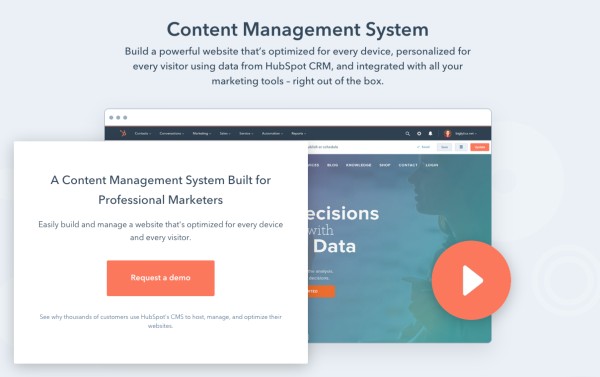
Image source: https://www.weidert.com/blog/hubspot-marketing-cms-comparison
HubSpot has been in the Content Management System business since they were founded. Customers and partners said they recognise CMS as being a small investment with huge potential.
Connecting CMS with marketing and CRM software opens up tremendous capabilities to create an awesome experience for customers. HubSpot made a big investment in R&D and grew what was a kind of add-on product into a full Hub, creating CMS Hub Professional and CMS Hub Enterprise.
The content management system industry is stubborn, and dominated by open-source vendors. Most clients of those open-source projects have pretty old client-server software under the covers and you need many different plug-ins. There could be security issues which could bring down your website, all of which are very challenging.
Brian suggests it's time for that industry to grow up and become like SaaS (Software as a Service) and get all the benefits of SaaS software. An easy-to-use interface, but super powerful, very opinionated, more like Apple than an open source project.
And your websites should have an application-like functionality as part of it."The value of it is not just about putting up a website anymore. You really want to create a customer experience and match that website with your database."
The new CMS software blends that kind of classic HubSpot ease-of-use with some serious power for a developer, an IT person, or a marketer.
You may be super happy with your website and you're never going to redesign it, it just kind of sits there. But a modern website should be a living, breathing, changing thing. HubSpot has made a really good offering out there.
Flywheel Sales
During Coronavirus it's been interesting what's going on with sales. Cold sales emails are way up, 60% over steady state pre-Covid, but the open rates are way, way down.
“Ye olde cold call and cold email is dead. And I think Covid is like the nail in the coffin.”
No one's sitting at their desk answering the phone to cold calls.

Back in the early nineties it kind of worked. People had phones on their desks. You could call the operator, they would connect you to them, or you could leave a voicemail.
Brian speculates that a year from now when we're out of Covid, most people aren't going to be sitting at their desks. They're going to be using Zoom for most of their conversations, not their phone.
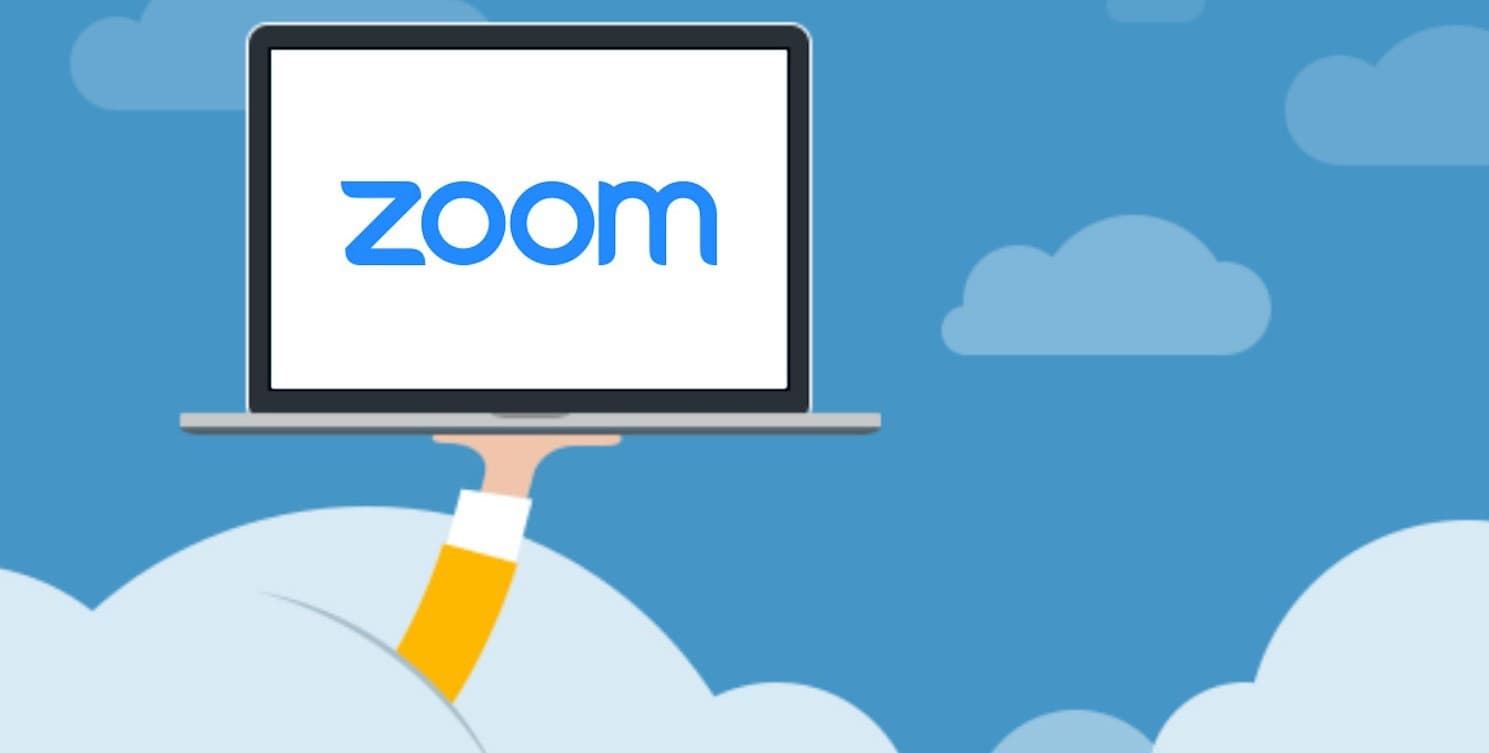
Image source: https://store.hp.com/us/en/tech-takes/how-to-use-zoom-for-remote-meetings
Therefore marketing has to step up and do more convincing and trust-building, but sales also needs to change.
The Sales Profile
The sales profile back in the early nineties was the hard-charging, really aggressive, motivated person who doesn't get frustrated by getting no’s a lot of time. The new profile is someone smart and empathetic and who understands and listens more than they talk.
The sales rep profile in the industry is going to go through a cool transformation over the next couple of years and I think Covid’s going to accelerate it. Sales is going to go through big changes, similar to what marketing has been going through the last 14 years. The old way just isn't going to work.
Flywheel Services
Looking at the best companies, the only way to scale your business is through word of mouth. Underneath all the good marketing and selling you're doing, nothing adds more friction to your flywheel than someone getting a bad service experience. It happens incredibly often.
The root of the service experience isn't so much that people don't invest in people to serve. Rather they don't invest in the right system to serve, so when that conversation happens, that service person has the context of what's been going on with the problem with that potential customer. And then if they don't solve the problem, the customer calls back, and that other service person has all that context.
The Service Persona
Brian doesn’t think the service persona, the person doing servicing today, is going to change that much by itself. But if you want to do servicing well you need:
-
a real CRM back-end
-
to connect sales to services
-
to have a persistent record that lives and breathes on what that prospect and that user in that customer doing.
That's the way you create a delightful experience.
All the experienced disruptors out there are good at CRM, customer records, segmentation, and enabling their customers to self-serve. And they're good at enabling their employees to have a highly contextual conversation when that customer can't self-serve.
The Role of Operations
Marketing has changed a lot in 14 years, from brochures and trade shows and PR stuff to expecting to find answers on Google and your website. So marketing got more important.
Brian and HubSpot noticed that the profile of the marketer was becoming more sophisticated with a whole bunch of new skills. They also noticed that the first dedicated marketing hire in a company happened earlier – by the time you have 10 employees, rather than 40 or 50.
Operations is going through this kind of a similar shift today where ops people inside companies are not necessarily well equipped with the tools they need to be successful. They're not necessarily having a seat at the table where they need a seat. And they're getting more important.
Like the leverage inside of companies seems to do with operations people, the profile of these operations people seems to be changing. They're very sophisticated, smart people. They're early adopters of technology. They want to be on the front not behind.
Brian believes the whole operations industry is going to explode in the next five years. And marketing ops in particular is going to explode and there needs to be a whole new toolset for these people.
HubSpot is embracing them. We need to create content for them, train them, and help them develop their careers because they are the key to taking your 20-person company and turning it into a 2000-person company.
The Ops Persona
“I'm super excited about the ops persona. If I were early in my career I think I would try to be a revenue operations person.”
An ops person unlocks all your sales reps to be much, much more productive. We're also seeing that ops person being hired amongst the first 10 employees.
Brian’s career advice: if you're kind of an ops person, lean into it. Call yourself an ops person. If you're a marketing ops person, shift your mindset to be a revenue ops person and look at that entire journey the customer goes through with your product and with your company and try to build the systems and the operation that enable you to scale up.
If you’re in sales operations, same thing, move into revenue operations. That's something that you can centralise across your whole company, not just in sales and marketing.
Service shouldn't be separate silos. It should be together.
‘Inbound 2020’
Hubspot's annual 3-day event is a conference for around 25,000 attendees that brings together business professionals of all backgrounds to engage in interactive events, hear keynote speakers and network.
Inbound won’t be a live event this year. Brian calls the conference coming up on September 22 and 23 an ‘immersive experience’. The content is always good (keynote speakers have included Michelle Obama for example) but people get the value by meeting like-minded people who have similar jobs and are going through similar problems and creating connections to learn from each other.
It's not just going to involve consuming information on Zoom. It’s going to be very collaborative and highly engaging. HubSpot wants to rewrite the rules on how to do one of these online experiences. Stay tuned for that. Go to inbound.com if you're interested in joining. If you already bought a ticket, you'll get an email with what to do.
Brian’s final words of wisdom
COVID-19 is like a hurricane it showed up on the radar and all of a sudden it was on us. And it's been trying – forget about business, lives of family members have been lost. It's been brutal.
“But the thing about this hurricane, it’ll pass. I don't know when it’ll pass, but eventually it will pass.”
It's been a brutal two months for so many people but the world is pretty resilient. Central banks and governments have done some good things, particularly the federal government, the staff in the United States and several banks in Europe to avoid an absolute economic catastrophe.
There's been some heroic work from medical workers. Humankind is resilient. If you're patient and you think about the future it'll be all right.
“I think we’ll all get through this. I wish resilience for all of you and all your companies.”
Takeaway Message from Christian and Brian
Be fiercely optimistic and customer-centric and stay close to your customers and partners. The quality of those relationships will see people through difficult times to help them stay the course. This is the time to do that and do it well.
You'll endeavour and you'll get through this time by doing many of those pillar behaviours that got us to where we are.
Thanks for joining us!

Many thanks to Christian Kinnear and Brian Halligan for giving their time and insight to London HUG members. Whitehat is very proud to manage the world's largest HubSpot user group and we look forward to welcoming you to more exciting talks shortly.
Stay well and remember to take advantage of our free HubSpot Audit.

